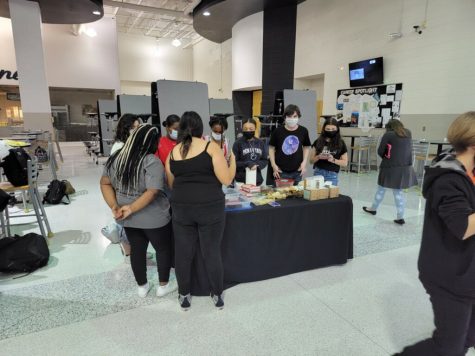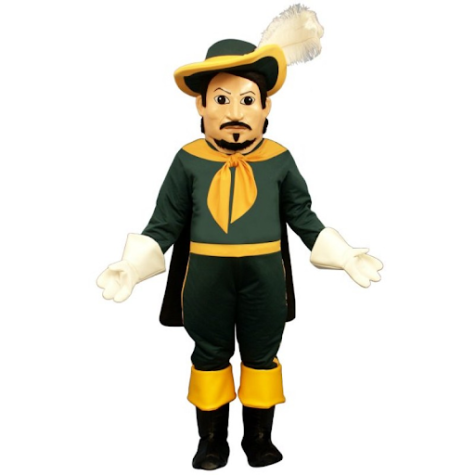Women March to Washington
The Congressional races of 2018 elects historical amount of women.
December 4, 2018
The first woman to ever be elected to Congress was Jeannette Rankin of Montana, in 1917.
“I may be the first woman member of Congress, but I won’t be the last,” Rankin said.
Since then, according to the House of Representatives Archives, 332 women have held Congressional office. Four hundred eighty-one women had filed to run for Congress in February of 2018– more than double the number of women running in 2016, which was 212. Of the 481 candidates, 185 had won the nomination to represent their party in the general election, as reported by NPR.
One hundred fifteen women, which is 62 percent of the women that ran in the general election, secured seats in Congress on Tuesday, Nov. 6; both Democrat and Republican, smashing 2016’s record of 105.
This group of women is one of the most diverse in Congressional history, consisting of different religions, sexual orientations and races.
Ilhan Omar and Rashida Tlaib, both Democrats, are the first Muslim women to be elected to Congress. Omar, 36, represents Minnesota but was born in Somalia and immigrated to America at the age of 14.
Deb Haaland, a Native American and member of the Laguna Pueblo tribe, was elected from New Mexico. Haaland is the former Chair of the Democratic Party of New Mexico.
Sharice Davids, from Kentucky, is also a Native American and is the first openly LGBT person to represent her state. Haaland and Davids are the first Native American women elected to Congress.
Jahana Hayes, who won Connecticut’s Teacher of the Year award in 2016, is Connecticut’s first African-American Democratic representative.
From New York, Alexandria Ocasio-Cortez is the youngest woman ever elected to Congress, at 29 years old. She gained popularity after defeating 10-term incumbent Joe Crowley, a Democrat. Ocasio-Cortez was formerly a campaign organizer for Senator Bernie Sanders’ 2016 Democratic primary run for president.
These are just a few of the most notable and recognizable women from the 2018 congressional races, but they share one thing in common: their inspiration to run was fueled by the abuse of power by men in office.
Since October 2017, over 26 men in power have been accused of sexual assault, according to NBC News. Those accused are scattered between the Democratic and Republican parties. Most notably and recently, Democrat Al Franken, a senator from Minnesota, was accused of sexual assault while overseas for a USO show in 2006. Franken resigned in December of 2017 after mounting pressure from other Democrats.
“At one time, when the election happened and the Women’s March, we all just by telepathy just said, ‘We have to change this. We’re gonna change this,’” said Helen Alli, a former candidate in the Democratic primary for Virginia’s 7th congressional district.
The first Women’s March, in January 2017, took place the day after Donald Trump’s inauguration. Streets were flooded by women across the country, in response to a 2005 Access Hollywood clip in which Trump speaks of sexually assaulting women because, “When you’re a star, they let you do it,” Trump said, “You can do anything.”
It is not just Democrats who are using allegations like these in order to gain support.
Missy Shorey, who trains female Republican candidates through Maggie’s List, says she thinks that high-profile allegations, like Trump’s, will draw more votes toward female candidates instead of men.
Shorey spoke to a female, Conservative candidate who said, “I have more men coming up to me saying, ‘I’m going to vote for you because I am sick of the way these men have been behaving.’”
Our new Congresswomen have overcome many obstacles, whether they be due to gender, identity, policies or party. There is no doubt that what they have achieved has been done through perseverance and hard work, but there is still progress to be made.
In the 115th Congress, women made up only 19.4 percent of it, but every year the percentage rises. There is hope that within a few years, women will get equal representation in one of the most important parts of the American government.
In Rankin’s words, “We’re half the people; we should be half the Congress.”










